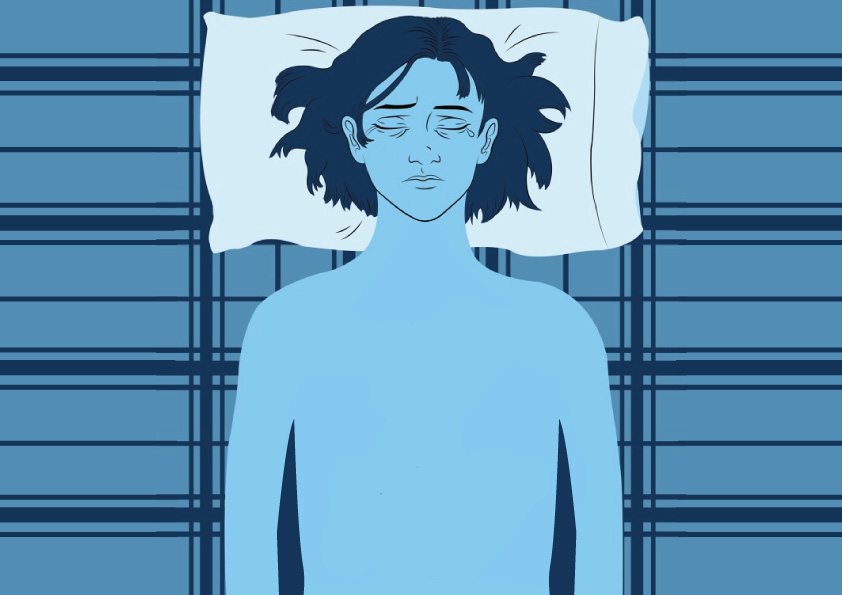IN BRIEF: In this post we address the serious mental issue of BIPOLAR DISORDER. We help you understand the basic facts, causes, various types, Symptoms, and TIPS to deal with BIPOLAR DISORDER.
Bipolar disorder, also known as manic-depressive illness, is a brain disorder that causes unusual shifts in mood, energy, activity levels, and the ability to carry out day-to-day tasks. Bipolar disorder is also called Manic depression. Depression causes a loss of energy and interest in activities the patient once enjoyed. Suicidal thoughts or attempts may come with deep depression thoughts. People suffering from this often have problem in managing daily life. But bipolar disorder can be treated and people can lead a happy and productive life.
Causes Of Bipolar Disorder:
Most of the researchers and doctors agree that there is no single cause. Many factors work simultaneously to produce the illness.
Genetics: Some research has suggested that people with certain genes are more likely to develop bipolar disorder than others. Children with a parent or sibling who is bipolar disorder much more likely to develop the illness, compared with children who do not have a family history of bipolar disorder. Factors besides genes are also at work. Many different genes and environmental factors are involved.
Neurotransmitters: An imbalance in naturally occurring brain chemicals called neurotransmitters seems to play a significant role in bipolar disorder and other mood disorders.
Brain Structure And Functioning: Some tools like, functional magnetic resonance imaging (FMRI) and positron emission tomography (PET), allow researchers to take pictures of the living brain at work. These tools help scientists study the brain’s structure and activity. And the study shows how the brains of people with bipolar disorder may differ from the brains of healthy people or people with other mental disorders. The connections between brain regions are important for shaping and coordinating functions such as forming memories, learning, and emotions.
The Different Types Of Bipolar Disorder:
1. Bipolar I Disorder
2. Bipolar II Disorder
3. Cyclothymic Disorder, or Cyclothymia
4. Rapid-cycling Bipolar Disorder
Symptoms Of Bipolar Disorder:
Bipolar disorder can look very different in different people. Some people are more prone to either mania or depression, while others alternate equally between the two types of episodes. Some have frequent mood disruptions, while others experience only a few over a lifetime.
There Are Several Types Of Mood Episodes In Bipolar Disorder:
Symptoms Of Mania: In the manic phase of bipolar disorder, feelings of heightened energy, creativity, and euphoria are common.
1. Feeling extremely irritated.
2. Sleeping very little, feeling energetic.
3. Distracted thoughts, unable to concentrate
4. Racing thoughts
5. Impaired judgement, impulsiveness
6. Delusions, hallucination, etc.
Symptoms of Bipolar Depression: Despite many similarities, certain symptoms are more common in bipolar depression than in regular depression.
1. Feeling hopeless, sad
2. Loss of energy
3. Weight changes and sleep problems
4. Memory problems
5. Feelings of worthlessness
6. Thoughts of suicide
Tips To Deal With Bipolar Disorder:
Dealing with bipolar disorder is not easy. But this is a treatable disorder. Here are some tips for self help for bipolar disorder.
1. Get Educated: learn as much as about this disorder. It is good to be an informed patient.
2. Keep A Check On Stress: maintain a balanced, healthy life, avoid stressful situations.
3. Meditation: try yoga or meditation to keep you relaxed and tension free.
4. Seek Support: Reaching out is not a sign of weakness and it won’t mean you’re a burden to others. But talk to your trustworthy friends and family members. Share your problems.
5. Make A Change In Lifestyle: Keeping a regular sleep schedule is particularly important. And, take a healthy diet and live your life fully.
6. Monitor Your Mood: Always keep track of your symptoms and watch that if your mood is going out of your control.
A Psychologist’s View Of Bipolar Disorder And Treatment Tips

